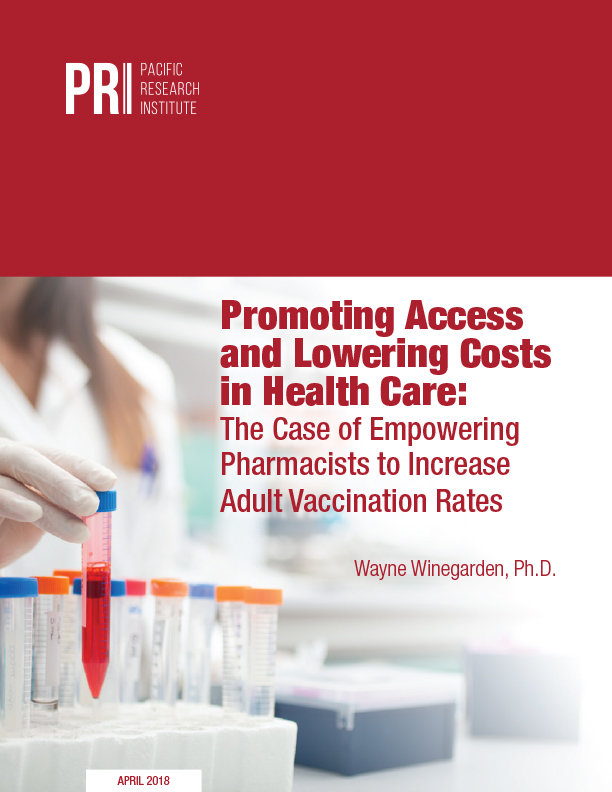No, There’s No Wild Bee-pocalypse, Either!
Did you catch the story about the swarm of 25,000 bees that had to be captured and removed (by a special police unit, no less) from the Staten Island Ferry Station in New York City? After many years of media reports about honeybees and wild bees dying off, you’d think they were nearly extinct — so what were 25,000 of them doing at a ferry terminal in one of the world’s most densely populated cities? Maybe they heard that New York was...


